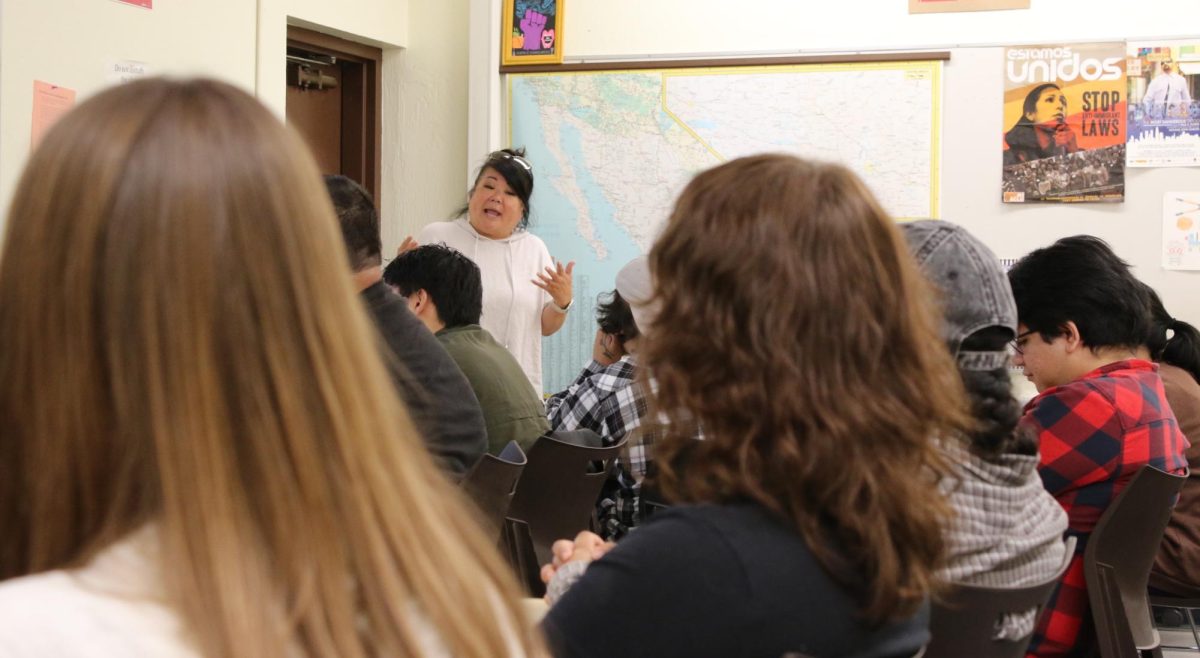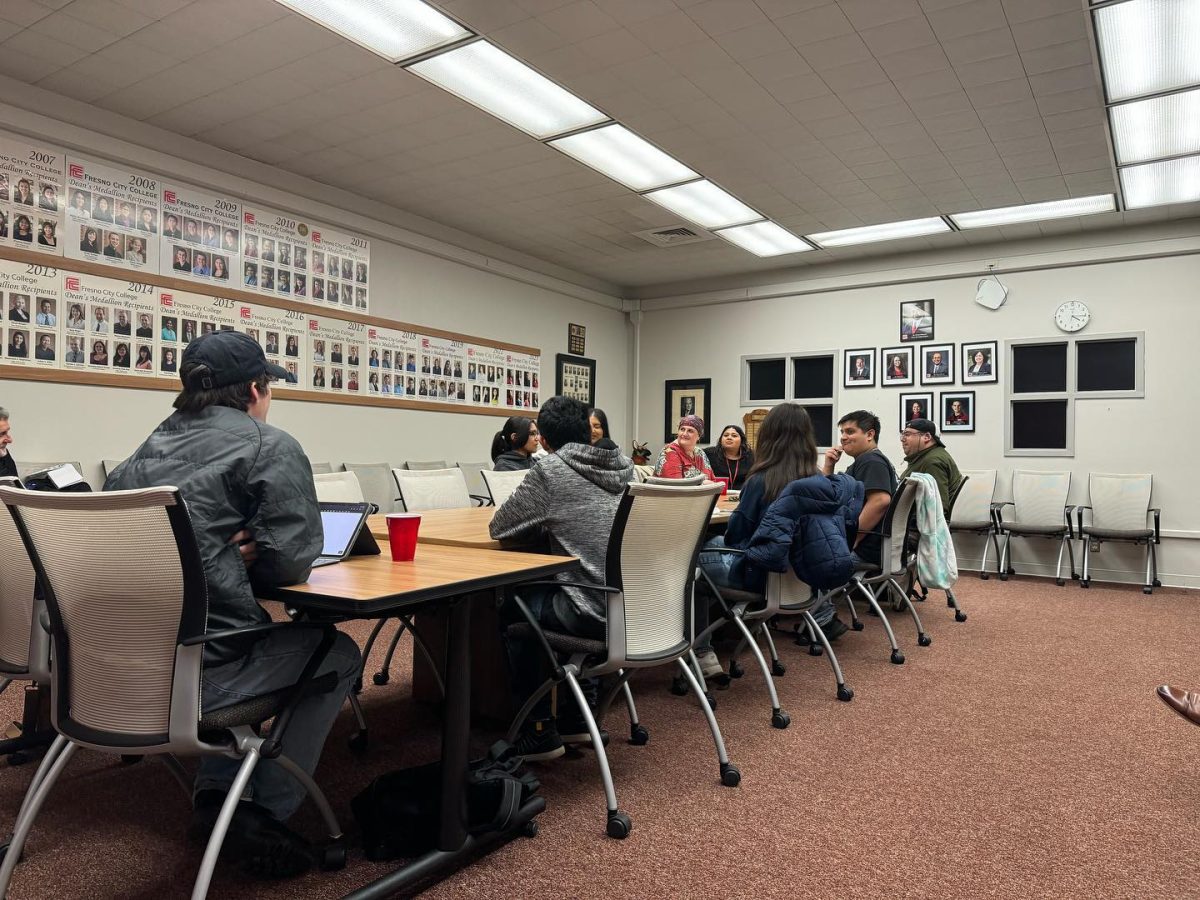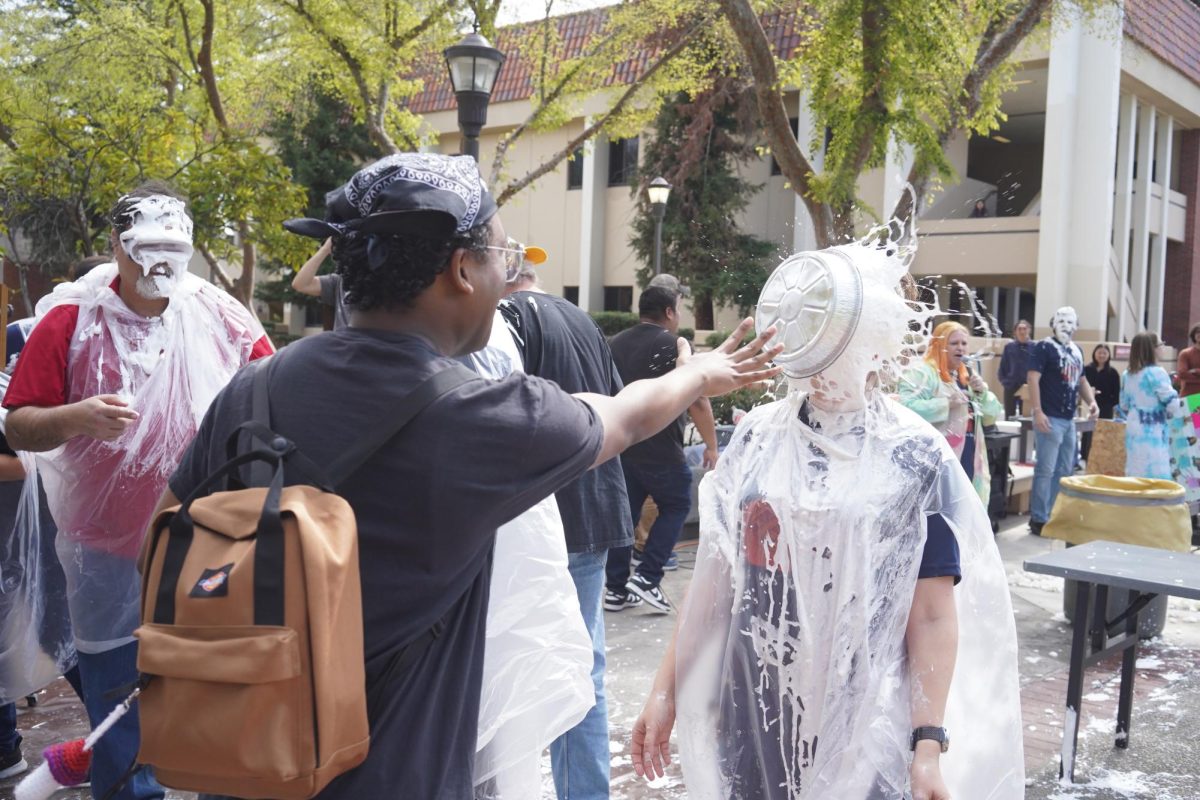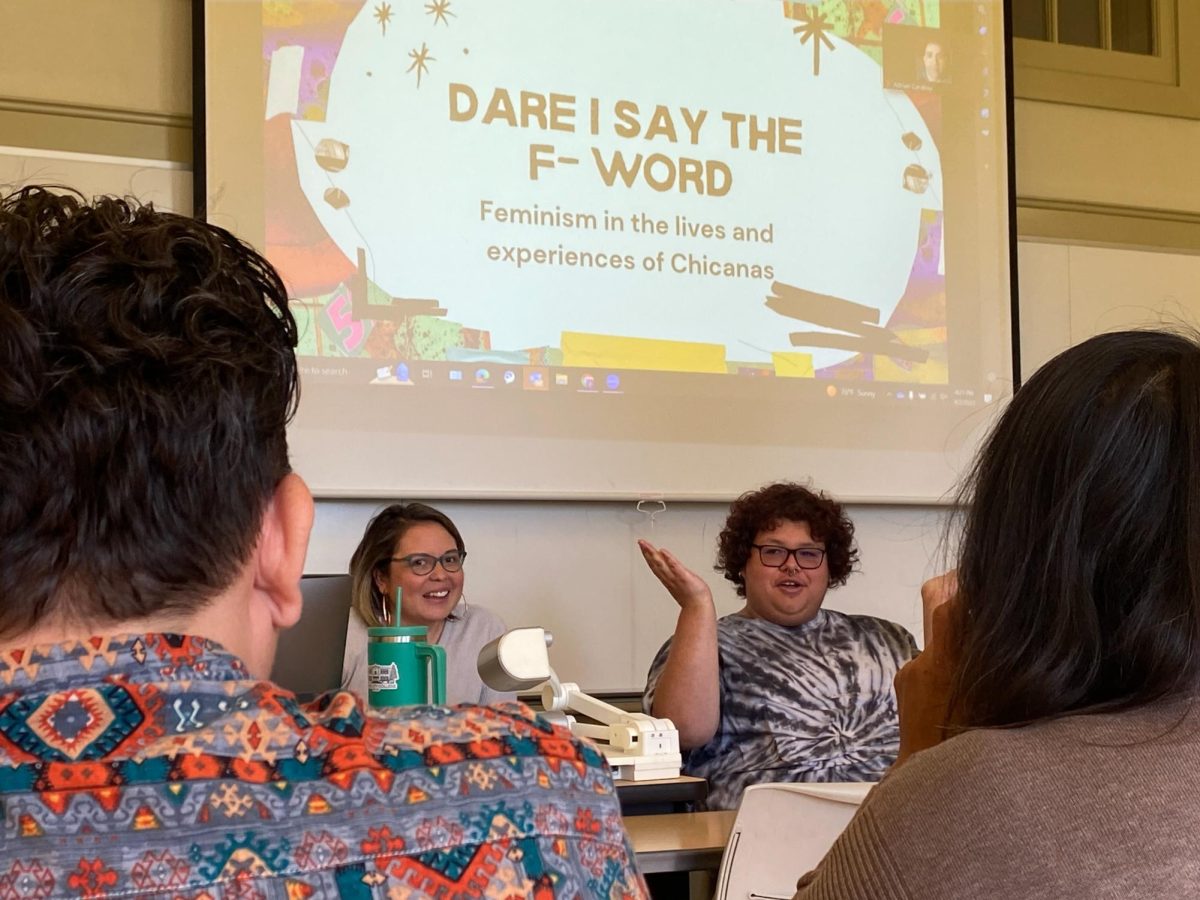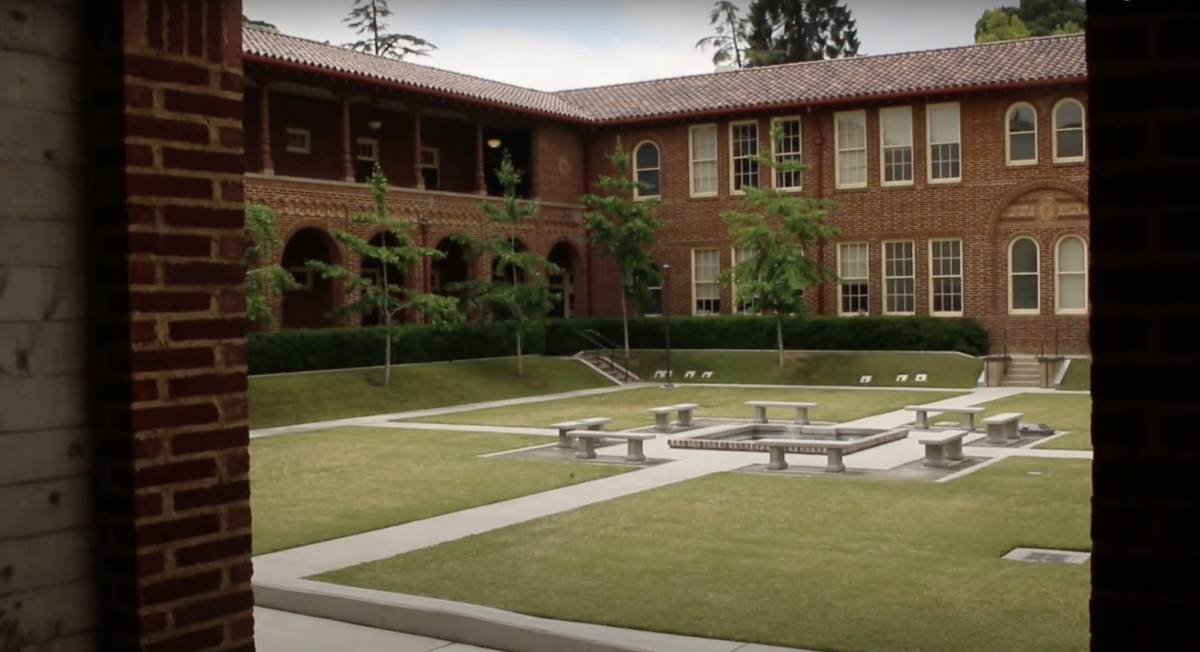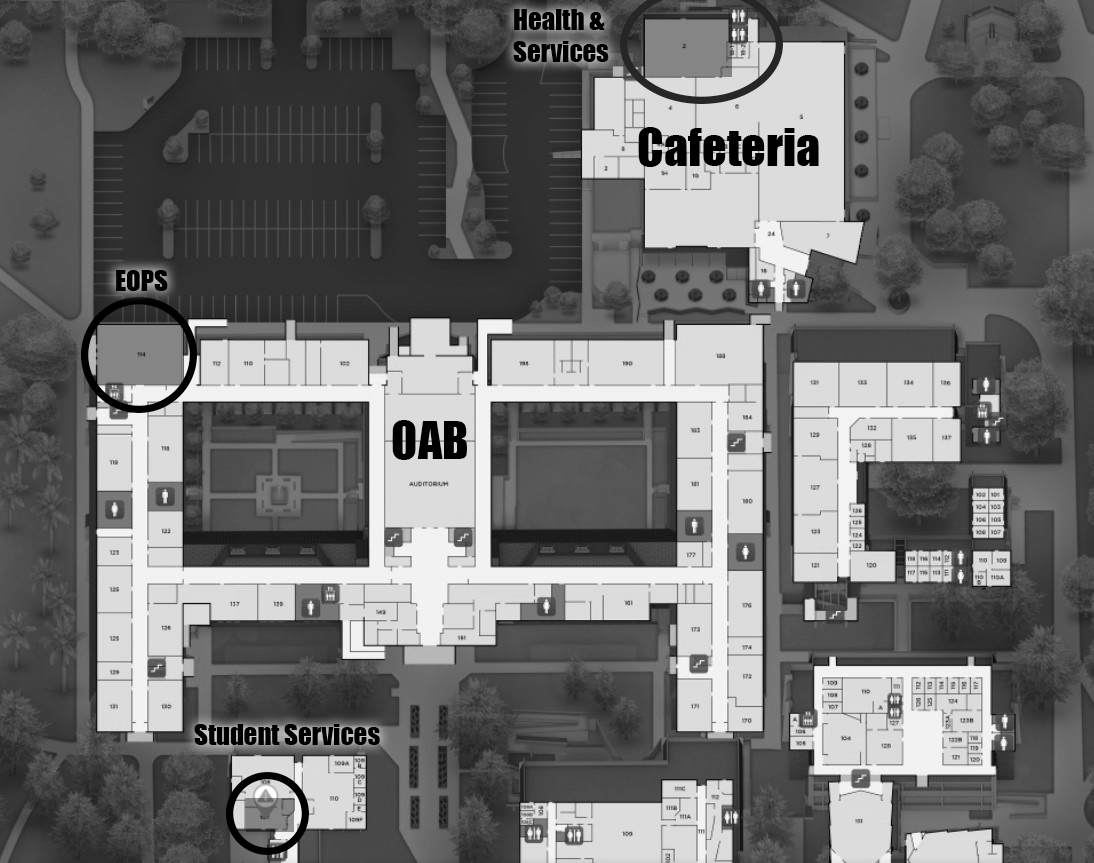Fresno City College experiences a serious amount of bike thefts throughout the year. In Fall 2011, SCCCD Police Chief Joseph Callahan reported that since January 2011 through August 2011, 105 bicycles were reportedly stolen from FCC campus. That was a reported stolen bike every 2.8 days. During the first 17 days of this semester, from Aug. 13 through Aug. 30, 10 bicycles have been reportedly stolen. That’s currently a bike stolen every 1.7 days.
Jared Piepmeier, an engineering major FCC student had his first bike stolen three semesters ago. After a late-night class outside the math building he went to unlock his chained-up bike. Piepmeiers’ bike wasn’t where he put it and he thought someone else’s bike was stolen. He then realized it was his lock, with the same code. “Basically, I just had it in a bad spot, it was on the rack chained-up and they cut the lock. It was simple as that. I showed up and I was like oh-shoot where did I park my bike?” said Piepmeier who reported his bike stolen the next day.
Piepmeier is a multiple victim of theft, he has also had his car broken into and other bikes stolen before. Piepmeier recommends buying used bikes at yard sales for $10-$30 to lessen the financial impact if somebody steals a bicycle. He recovered one of his stolen bikes when he found it rusting away in a canal.
Felix Figueroa, an English major in his third semester also had his first bike stolen near the Math building between the hours of 10 a.m. and 2 p.m. Felix said, “I’m not gonna lie, it was my own fault. I used a crappy lock.” Felix called his counselor who then gave him the number for campus police to file a report at the scene of the crime. He gave descriptions, received a report number, officer’s name and the badge number.
For Figueroa, his bike is his “all-means of transportation.” He prefers a bicycle because it helps him to burn calories. “It’s the best of both worlds,” he said. “I’m way faster on two wheels than four.”
When Figueroa had his bike stolen, he still had financial aid money and workforce tokens. “I wasted a bunch of money just going back and forth from school and it was a drag. The bus takes me an hour to get home. The bike takes me 22 minutes,” said Figueroa. “I get rides here and there from friends and family but nothing beats the bike. It was actually a really bad experience when I lost my bike.”
According to National Bike Registry, “the best choice is a strong, reliable U-lock.” Figueroa also recommends, “Get a good U-lock. Spend the extra money, make sure you put it on correctly. Two locks are appropriate.”
On the first day of Fall semester 2012, Chief Callahan sent out Parking Control staff to staple National Bike Registry information to every bicycle. He plans on doing this a couple of times every semester to “etch it into students minds.” Callahan’s main goal is to encourage students to take responsibility and get better locks. “We have to do the best we can. We have to educate people,” he said.
The SCCCD Police Department tried bait bikes and nobody stole them. They tried this a couple of times last year, but they don’t have a lot of resources. Callahan assigns parking control staff to observe bike racks which accounts for the only arrest last year.
Although stealing bikes is a misdemeanor, nobody stays in jail. “We know several of those people and when we see them on campus, we immediately address them,” Callahan said. If students see a bike theft in progress, he suggests they don’t confront the person, but be a good witness and give a good description.
The Campus Police checks with the bike registry when stolen bicycles are recovered, crime reports include a property list and detailed descriptions of your bicycle. “A lot of students are riding bicycles now, they need to register their bike,”said Callahan. He also recommends GPS chips for bikes. However, the high startup and service costs are out of reach for many students.
“If we are going to encourage people to ride their bicycles we need to provide some secure space. Where could you put a centralized location for bike racks?” Callahan said. Students on campus are forming committees and clubs to help address the issue. Associate Student Government Senator Emily Rivera has formed a Bike Theft committee to help brainstorm and propose solutions.
“I just don’t have a solution for the problem, just a whole bunch of possibilities,” Callahan said. “Until we get people to stop being thieves, we have a problem. And some of the victims, they need to harden the target as much as they possibly can. If it’s your only form of transportation spend the extra money and get a decent lock, I’d like to see theft end. It depends on the bicycle rider.”
Since 1984, the National Bike Registry has been working with law enforcement all over the country to return stolen bikes to their owners. A bike registered with NBR can be identified by police and returned to the student instead of being sold at an auction. The process can be done online at www.NationalBikeRegistry.com. For $10 students can register their bike for 10 years, $25 for 30 years. The NBR website also includes information on how to lock a bike, bicycle theft, California law, college data, the bicycle recovery act and additional bicycle safety information.


